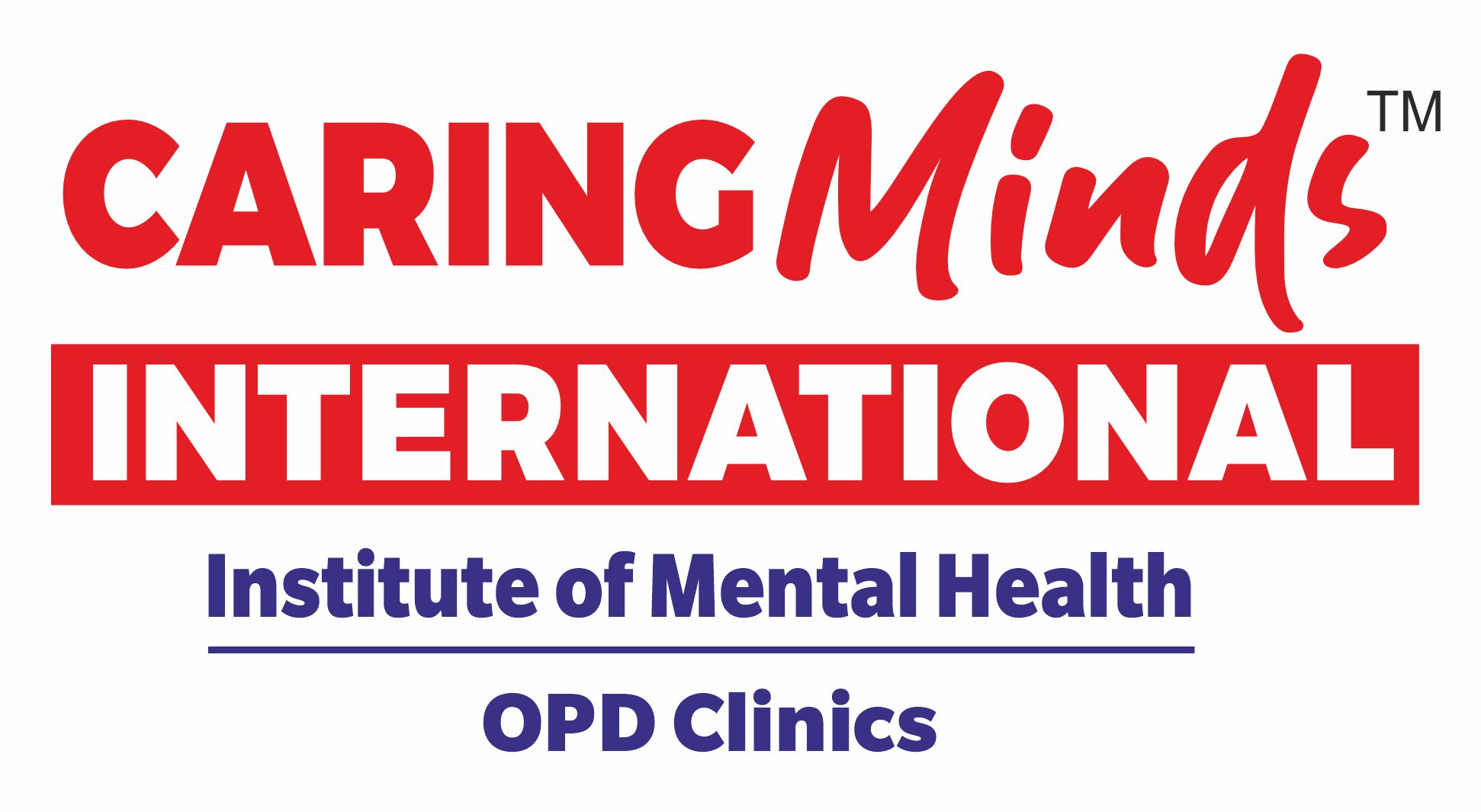A phobia is an identifiable and persistent fear that is excessive or unreasonable and is triggered by the presence or anticipation of a specific object or situation that usually poses little or no actual danger. Exposure to the object or situation brings about an immediate reaction, causing the person to endure intense anxiety (nervousness) or to avoid the object or situation entirely. The distress associated with the phobia and/or the need to avoid the object or situation can significantly interfere with the next pagecomment nettoyer une coque de telephoneкупить ельф бар в польшеbest person’s ability to function. Adults with a specific phobia recognize that the fear is excessive or unreasonable, yet are unable to overcome it. Common phobias include fear of animals, insects, blood, height, closed spaces, flying, etc.
Worried that you or your loved one might be having a phobia?
- Do you or your loved one tend to have an increased heart rate, chest pain or discomfort?
- Do you or your loved one tend to sweat a lot and has shortness of breath?
- Do you or your loved one tend to have a feeling of choking, chills or hot flushes?
- Do you or your loved one often have an upset stomach, feels dizzy and numbness?
- Do you or your loved one often fear of losing control or going crazy?
- Do you or your loved one often fear dying?
If you have said yes to most of the above, we might be able to help you.
Treatments we can help you with:





